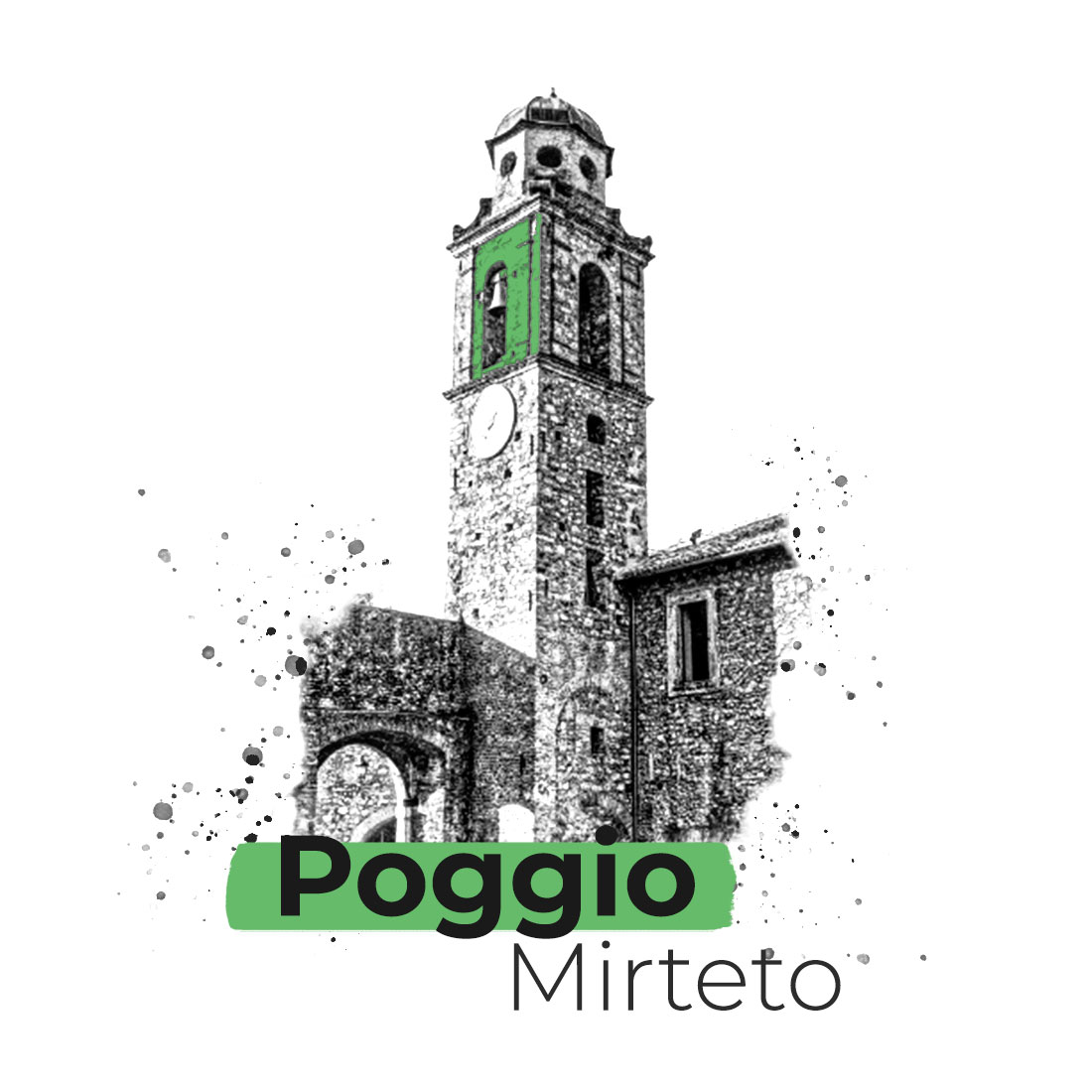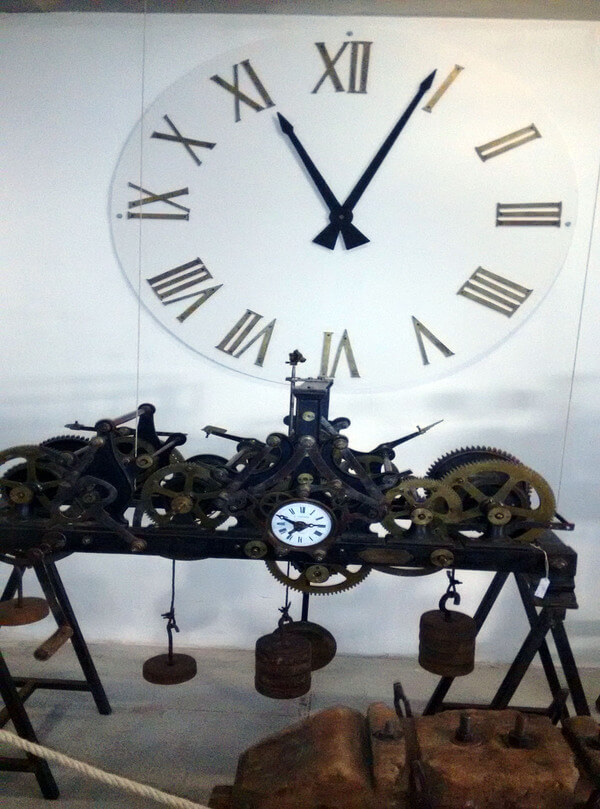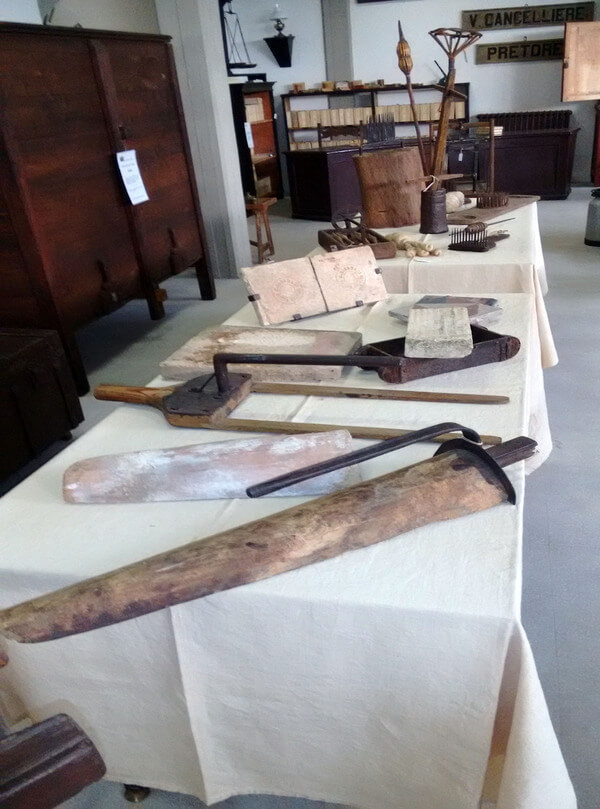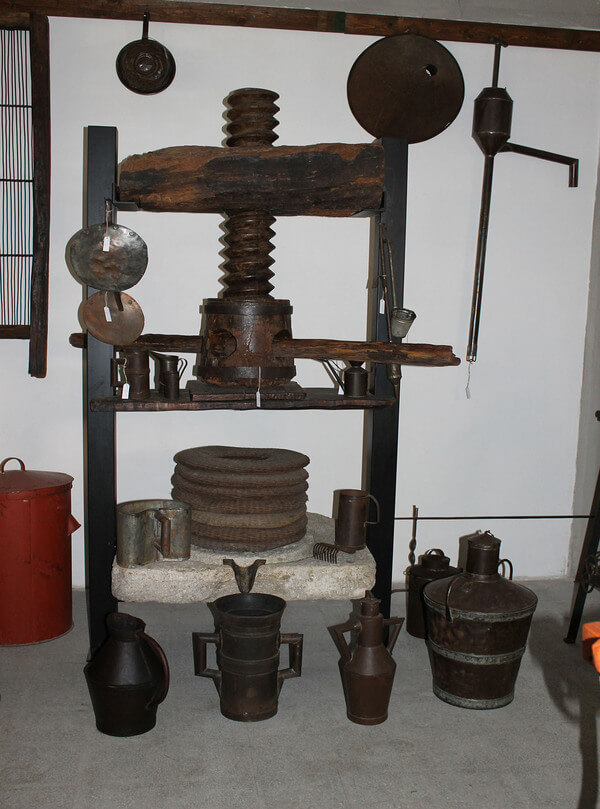The Arts and Crafts Museum, also known as the Guardati and Vulpiani collections are two collections of folk art and local crafts, housed in the Poggio Mirteto Civic Museum, donated by the two collectors, Fabrizio Guardati and Antonio Vulpiani
Arti e Mestieri Museum

Position
Via Antonio Gramsci, 2
02047 Poggio Mirteto (RI)

Opening hours
All Saturdays, Sundays and holidays;
10:00 –13:00 and 17:00 –19:00
The Museum of Arts and Crafts,also known as the Guardati and Vulpiani collections,are two collections of folk art and local handicrafts,kept in the Poggio Mirteto Civic Museum,donated by the two collectors,Fabrizio Guardati and Antonio Vulpiani.The first of them donated about 2,000 objects,including furniture,textiles,ceramics,musical instruments and everyday objects.The Vulpiani collection,on the other hand, consists of about 1,000 objects, including agricultural tools, work tools, household utensils and miscellaneous items.
The set of these objects form an important cultural heritage for the country, describing the daily life of the people who lived in Sabina.
Fabrizio Guardati’s collection has been collected over the course of more than 40 years and consists of unique pieces such as:
A 17th-century cypress wood four-poster bed from a stately mansion.
An 18th-century walnut wood table from an old tavern.
A 19th-century linen weaving loom.
A set of popular musical instruments, dating from the 19th-20th centuries.
The Vulpiani collection was collected by Antonio Vulpiani over the course of more than 30 years, an enthusiast of local history and culture who donated unique pieces such as:
An 18th-century wooden and iron plow.
A 19th-century wooden hand mill.
A 19th-century wool weaving loom.
All of the items described above are in the Poggio Mirteto Civic Museum, which keeps the collections on display to the public free of charge.
A magnificent olive press is made entirely of wood, and dates from 1800. One of the most remarkable “pieces” is the mechanism of a bell tower clock from 1894, fully functional. Again, “The Pharmacy of Dr.Laus,” includes glass containers, vases and bottles, made in the Faiella Glassworks in Poggio Mirteto.










